-
 bitcoin
bitcoin $108309.944805 USD
-1.81% -
 ethereum
ethereum $3861.653445 USD
-2.57% -
 tether
tether $1.000476 USD
0.02% -
 bnb
bnb $1064.809647 USD
-3.07% -
 xrp
xrp $2.422923 USD
-2.29% -
 solana
solana $186.552328 USD
-0.93% -
 usd-coin
usd-coin $0.999917 USD
0.00% -
 tron
tron $0.322438 USD
-0.01% -
 dogecoin
dogecoin $0.194315 USD
-2.57% -
 cardano
cardano $0.642133 USD
-3.06% -
 chainlink
chainlink $17.657259 USD
-6.17% -
 hyperliquid
hyperliquid $35.120261 USD
-7.45% -
 ethena-usde
ethena-usde $0.999614 USD
0.03% -
 stellar
stellar $0.312748 USD
-3.27% -
 bitcoin-cash
bitcoin-cash $480.377391 USD
0.23%
How to solve the problem of "Network congestion" when withdrawing from Gate.io?
Gate.io withdrawal delays stem from blockchain network congestion; mitigating this involves strategic timing, higher transaction fees, choosing less-congested cryptocurrencies, and monitoring blockchain network status for optimal withdrawal times.
Mar 25, 2025 at 11:21 pm
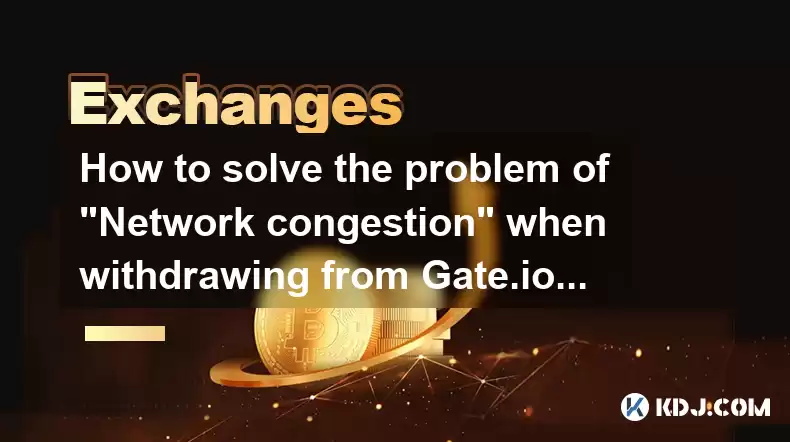
- Understanding the causes of network congestion on Gate.io withdrawals.
- Strategies for mitigating network congestion impact on withdrawal times.
- Exploring alternative solutions and best practices for smoother withdrawals.
- Examining the role of blockchain technology and transaction fees in withdrawal speed.
Network congestion is a common issue affecting cryptocurrency exchanges, including Gate.io. This occurs when many users attempt withdrawals simultaneously, overwhelming the blockchain network processing capacity. This results in slower transaction confirmation times and potentially increased fees. Understanding the root cause is crucial for finding solutions.
The primary cause of network congestion is the sheer volume of transactions occurring on the blockchain. Popular cryptocurrencies like Bitcoin and Ethereum often experience high congestion due to their widespread adoption. High gas fees (Ethereum) or transaction fees (Bitcoin) further exacerbate the issue as users compete for limited block space. Gate.io, as an intermediary, cannot directly control the blockchain's processing speed.
One effective strategy is to choose less congested times to initiate your withdrawal. Avoid peak hours, typically during the day in major time zones, when trading activity is highest. Weekends might also see less congestion than weekdays. Timing your withdrawal strategically can significantly reduce wait times.
Increasing the transaction fee can also improve withdrawal speed. Higher fees incentivize miners (Bitcoin) or validators (Ethereum) to prioritize your transaction, resulting in faster confirmation. However, this comes at an added cost, so carefully weigh the benefits against the increased expense.
Selecting a cryptocurrency with lower transaction fees can also alleviate congestion issues. Some altcoins have faster transaction speeds and lower fees than Bitcoin or Ethereum. If your withdrawal allows for multiple cryptocurrency options, consider choosing one with less network congestion.
Network congestion is inherent to the nature of blockchain technology. The decentralized and transparent nature of blockchains means transaction processing is not instantaneous. Understanding this limitation is key to managing expectations. The speed of your withdrawal depends not only on Gate.io's processing but also on the blockchain network itself.
Gate.io itself can contribute to congestion indirectly. If they experience a sudden surge in withdrawal requests, it might create a backlog. However, Gate.io employs various measures to optimize its systems, including load balancing and infrastructure upgrades.
Regularly check the status of the blockchain network you are using. Websites and explorers dedicated to specific cryptocurrencies often provide real-time information on network congestion and transaction confirmation times. This helps you make informed decisions about when to initiate your withdrawal.
Understanding your chosen cryptocurrency’s transaction fees is crucial. Higher fees often translate to faster confirmations. Familiarize yourself with the fee structure and adjust accordingly based on your urgency. Gate.io usually provides information on estimated fees before confirming the transaction.
While Gate.io plays a role in processing withdrawals, the speed ultimately depends on the underlying blockchain network. Factors such as block size, mining/validation speed, and network traffic all contribute to the time it takes for your transaction to be confirmed.
Common Questions:Q: Why are my Gate.io withdrawals taking so long?A: Withdrawal delays are often due to network congestion on the target blockchain. High transaction volume slows down processing, resulting in longer wait times. Increased transaction fees can sometimes expedite the process.
Q: Can Gate.io speed up my withdrawal?A: Gate.io processes withdrawals efficiently, but they cannot directly control the speed of the underlying blockchain network. They can help with internal processing, but the final confirmation depends on the blockchain.
Q: What can I do if my withdrawal is stuck?A: If a withdrawal is delayed for an extended period, contact Gate.io's customer support. They can investigate the issue and provide updates on the status of your transaction.
Q: Are there any alternative cryptocurrencies with faster withdrawal times?A: Yes, many altcoins boast faster transaction speeds and lower fees than Bitcoin or Ethereum. Research different cryptocurrencies and their blockchain networks to find those better suited for faster withdrawals.
Q: How can I avoid network congestion when withdrawing from Gate.io?A: Avoid peak hours, increase your transaction fee, and consider using cryptocurrencies with less congested networks. Monitoring blockchain network status can also help you choose optimal withdrawal times.
Q: What is the role of transaction fees in withdrawal speed?A: Higher transaction fees incentivize miners or validators to prioritize your transaction, leading to faster confirmation. However, higher fees mean a greater cost. You must balance speed and cost.
Q: Is network congestion a permanent problem?A: Network congestion is a recurring issue, particularly on popular blockchains. While solutions are being developed (like layer-2 scaling solutions), it's a challenge inherent to the decentralized nature of blockchain technology.
Q: Does Gate.io provide any tools or information about network congestion?A: While Gate.io doesn't directly provide real-time congestion indicators for every cryptocurrency, they usually display estimated transaction fees, which can indirectly indicate network conditions. Checking the status of the specific blockchain you're using is advisable.
Disclaimer:info@kdj.com
The information provided is not trading advice. kdj.com does not assume any responsibility for any investments made based on the information provided in this article. Cryptocurrencies are highly volatile and it is highly recommended that you invest with caution after thorough research!
If you believe that the content used on this website infringes your copyright, please contact us immediately (info@kdj.com) and we will delete it promptly.
- XRP, BlockDAG, and Presale Surge: A Crypto Trifecta
- 2025-10-22 10:55:12
- XRP, Solana, BlockDAG: Decoding the Hottest Trends in Crypto
- 2025-10-22 10:30:12
- Undated 20p Coin: Could This Rare Coin in Your Pocket Be Worth £50?
- 2025-10-22 10:35:15
- Elon Musk, Floki, and the Crypto Market: A Meme Coin Rollercoaster
- 2025-10-22 10:50:12
- DOGE, ROI, and Crypto News: What's the Buzz?
- 2025-10-22 10:05:11
- Melania Trump, Crypto, and Allegations of Fraud: A Deep Dive
- 2025-10-22 10:55:12
Related knowledge
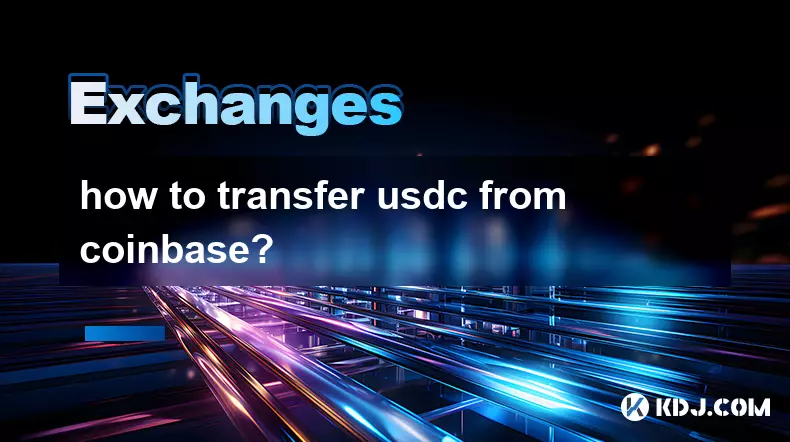
how to transfer usdc from coinbase?
Oct 21,2025 at 02:18am
Understanding Decentralized Exchanges in the Crypto Ecosystem1. Decentralized exchanges (DEXs) operate without a central authority, allowing users to ...
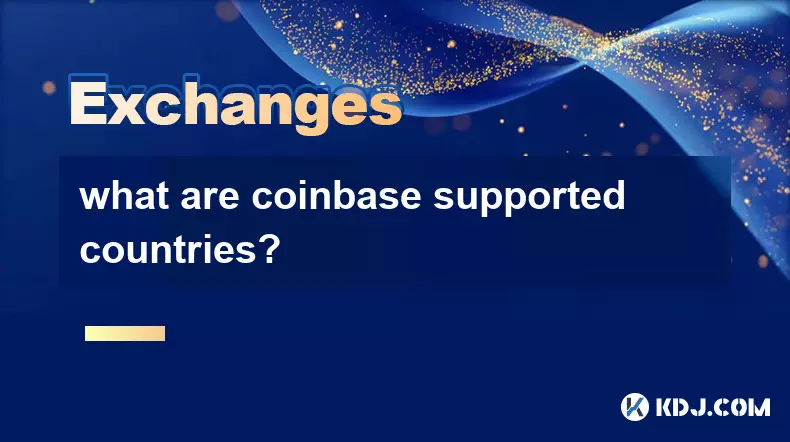
what are coinbase supported countries?
Oct 18,2025 at 12:01pm
Countries Where Coinbase Operates1. United States – Coinbase is headquartered in San Francisco, California, and provides full trading, staking, and cu...
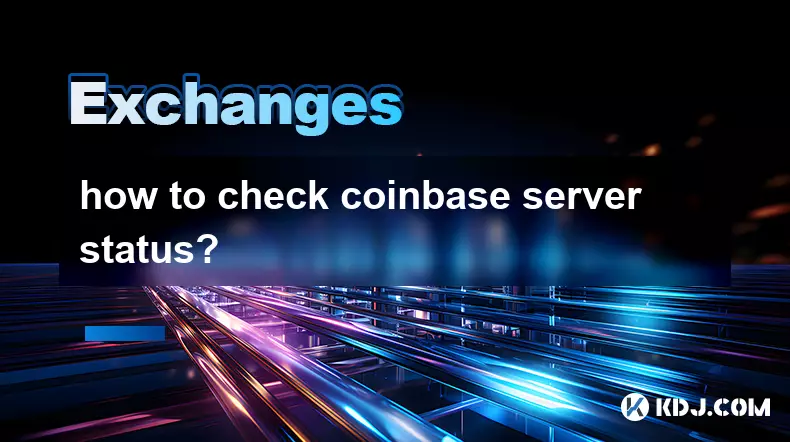
how to check coinbase server status?
Oct 20,2025 at 08:54pm
How to Monitor Coinbase Server Status in Real Time1. Visit the official Coinbase status page, which provides live updates on the performance of all it...
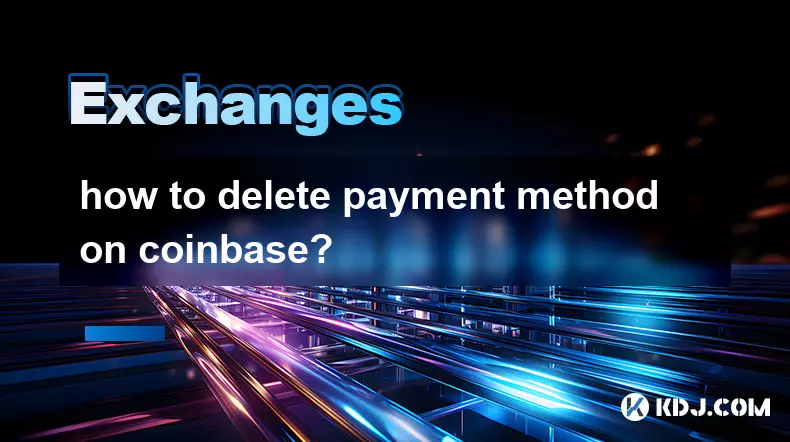
how to delete payment method on coinbase?
Oct 22,2025 at 04:54am
Understanding Payment Methods on Coinbase1. Coinbase allows users to link various payment methods including bank accounts, debit cards, and PayPal. Th...
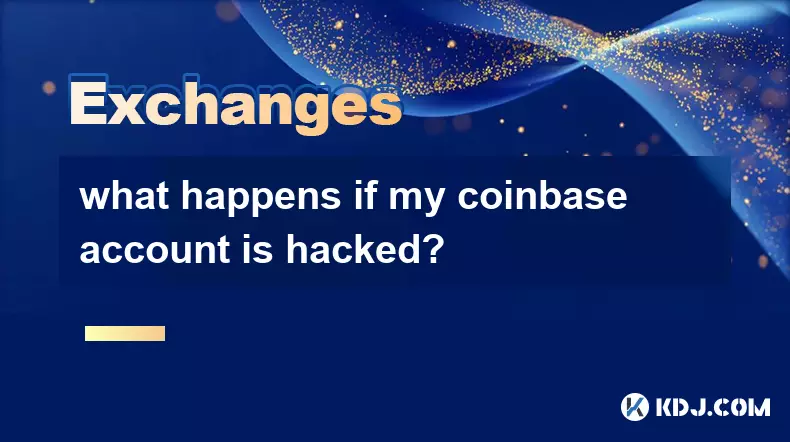
what happens if my coinbase account is hacked?
Oct 19,2025 at 06:19am
Immediate Steps to Take After a Coinbase Account Breach1. Immediately log into your Coinbase account from a secure device and change your password. Us...
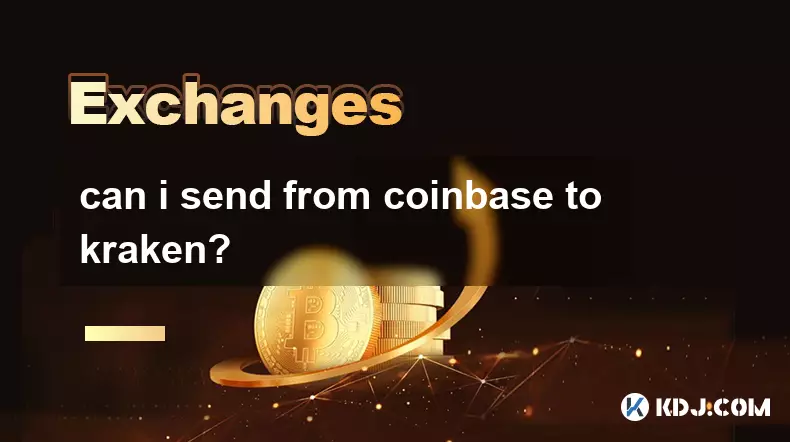
can i send from coinbase to kraken?
Oct 18,2025 at 03:37am
Transferring Funds from Coinbase to Kraken Sending cryptocurrency from Coinbase to Kraken is a common practice among traders seeking better liquidity,...

how to transfer usdc from coinbase?
Oct 21,2025 at 02:18am
Understanding Decentralized Exchanges in the Crypto Ecosystem1. Decentralized exchanges (DEXs) operate without a central authority, allowing users to ...

what are coinbase supported countries?
Oct 18,2025 at 12:01pm
Countries Where Coinbase Operates1. United States – Coinbase is headquartered in San Francisco, California, and provides full trading, staking, and cu...

how to check coinbase server status?
Oct 20,2025 at 08:54pm
How to Monitor Coinbase Server Status in Real Time1. Visit the official Coinbase status page, which provides live updates on the performance of all it...

how to delete payment method on coinbase?
Oct 22,2025 at 04:54am
Understanding Payment Methods on Coinbase1. Coinbase allows users to link various payment methods including bank accounts, debit cards, and PayPal. Th...

what happens if my coinbase account is hacked?
Oct 19,2025 at 06:19am
Immediate Steps to Take After a Coinbase Account Breach1. Immediately log into your Coinbase account from a secure device and change your password. Us...

can i send from coinbase to kraken?
Oct 18,2025 at 03:37am
Transferring Funds from Coinbase to Kraken Sending cryptocurrency from Coinbase to Kraken is a common practice among traders seeking better liquidity,...
See all articles





















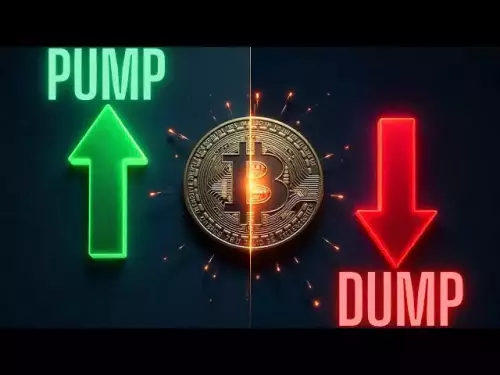



![dooMEd (Hard Demon) by MaxxoRMeN [1 Coin] | Geometry Dash dooMEd (Hard Demon) by MaxxoRMeN [1 Coin] | Geometry Dash](/uploads/2025/10/22/cryptocurrencies-news/videos/doomed-hard-demon-maxxormen-coin-geometry-dash/68f8029c3b212_image_500_375.webp)
















































